Paul Tassong, standing on a muddy street, umbrella in hand, he reads out what appeares to be a litany of Biya’s “achievements” — while rain pours down and the road beneath him dissolves into muck. An accidental but perfect metaphor for forty years of rule: a state without reliable roads, drainage, or electricity, where even its elites cannot escape infrastructural decay.
By The Independentist edktorial Desk
La République du Cameroun’s ruling CPDM has launched a massive fundraising campaign, presented to the public as a patriotic effort to secure Paul Biya’s re-election. On the surface, it looks like politics as usual — banquets, donor pledges, and speeches about “renewal.” Yet beneath this veneer lies a more troubling purpose: securing funds that will sustain the military machinery used to repress dissent, particularly in Ambazonia.
Historical Echoes of Militarized Politics
African history is littered with examples where state fundraising or party “contributions” were channeled into repression. In apartheid South Africa, donations to the ruling party helped bankroll covert security operations against liberation movements. In Mobutu’s Zaire, special levies fed elite military units notorious for predation against civilians. In French Cameroun during the 1950s and 1960s, “security budgets” funded counter-insurgency campaigns that decimated villages and assassinated nationalist leaders.
The CPDM campaign bears these hallmarks. It is less about mobilizing democratic participation than about replenishing the financial pipelines that keep the military loyal and ready to act against the very people it is sworn to defend.
Turning Guardians into Predators
This is the most corrosive betrayal of governance: when soldiers, instead of safeguarding citizens, are re-purposed as enforcers of political longevity. In Ambazonia, each new round of Yaoundé’s fundraising and military provisioning has translated into fresh waves of raids, arbitrary arrests, and violence against civilians. What is marketed as democracy in Yaoundé becomes terror in Bamenda, Buea, Kumbo, and Mamfe.
A Snapshot of Biya’s Legacy
A recent image of Minister Paul Njukang Tassong captures the irony of this regime. Standing on a muddy street, umbrella in hand, he read out what appeared to be a litany of Biya’s “achievements” — while rain poured down and the road beneath him dissolved into muck. It was an accidental but perfect metaphor for forty years of rule: a state without reliable roads, drainage, or electricity, where even its elites cannot escape infrastructural decay.
Tassong is not just any official. An underachiever from the once-prestigious Sacred Heart College, he hails from the so-called “eleventh province” of the diaspora — a descendant of displacement and substitution. His rise is emblematic of the CPDM’s survival strategy: a party-corporation that feeds on substitutes, elevating loyal placeholders rather than competent builders. Tassong has thus become the poster boy for this hollow elite — educated enough to wear the badge of technocracy, loyal enough to parrot the regime’s lines, but powerless to alter the muddy reality under his own feet.
Campaign Convoys and a Dark Pattern
CPDM rallies are typically held on weekends, and convoys traveling to or from them have frequently ended in deadly accidents. Officially these are described as tragic mishaps on poor roads. Yet the repetition — year after year, election after election — has bred suspicion among citizens that such deaths are more than coincidence. Whatever the interpretation, the outcome is the same: political events that should symbolize civic expression have become associated with needless loss of life.
Why Ambazonians Must Be on Guard
The CPDM’s fundraising drive is therefore not about convincing voters — Paul Biya has governed for over four decades and has long mastered the art of manufacturing electoral outcomes. Instead, it is about buying allegiance: paying off commanders, maintaining security cooperation with foreign partners, and restocking the machinery of repression.
Ambazonians must remain alert. Every fundraising gala in Yaoundé, every donation from a business magnate, every convoy of ruling-party loyalists is another link in the chain that tightens around them.
Conclusion
History is unkind to regimes that convert public fundraising into instruments of repression. Apartheid collapsed. Mobutu’s Zaire collapsed. The French colonial empire collapsed. The CPDM may seem entrenched, but it too rests on brittle foundations: a hollow economy, decayed infrastructure, and a population whose patience is wearing thin.
Ambazonia’s people, and the international community watching from afar, must recognize this fundraising masquerade for what it is: not democracy in action, but blood money disguised as campaign funds.
The Independentist edktorial Desk













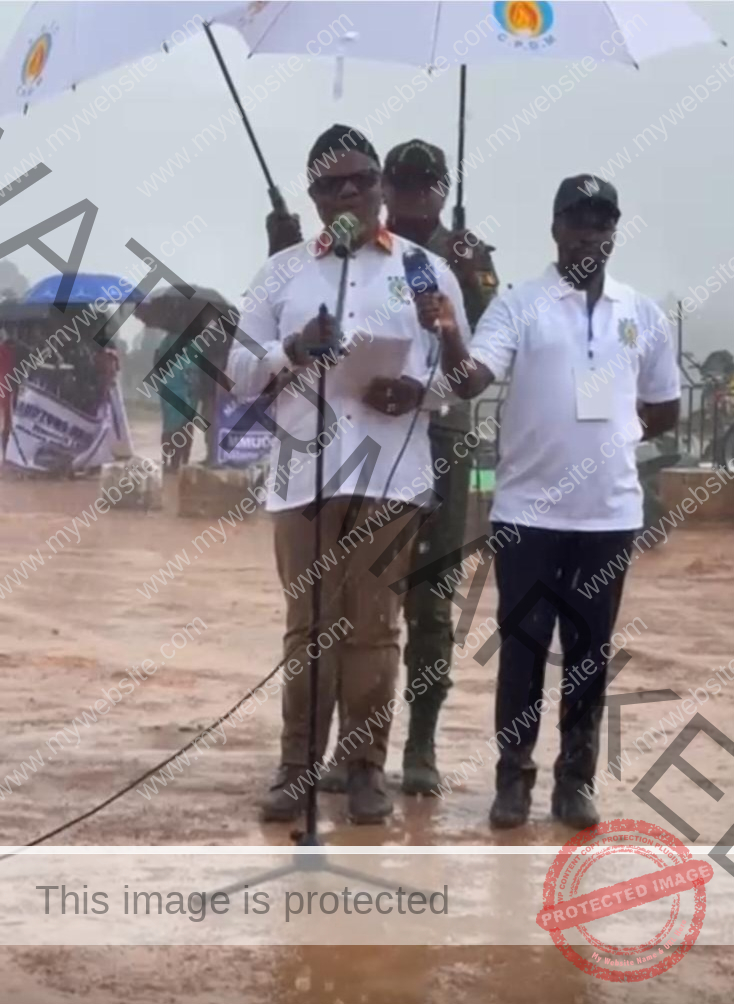
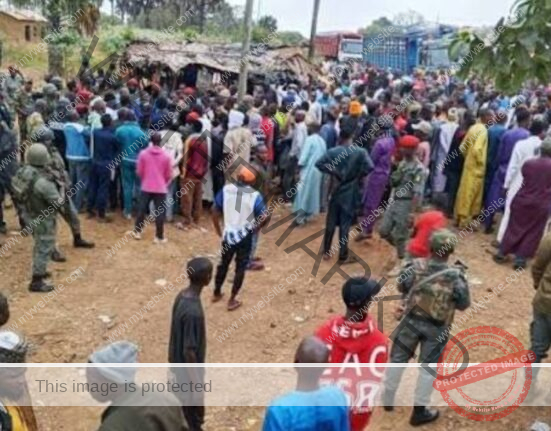
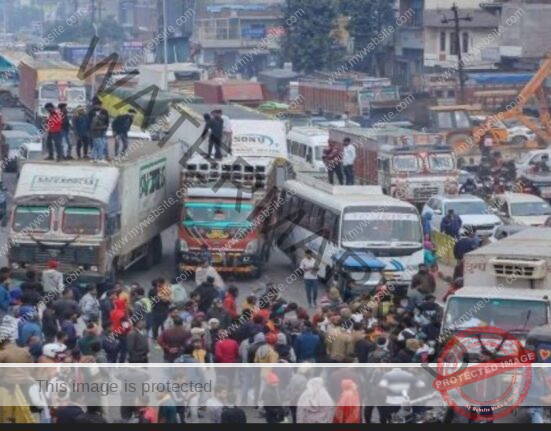
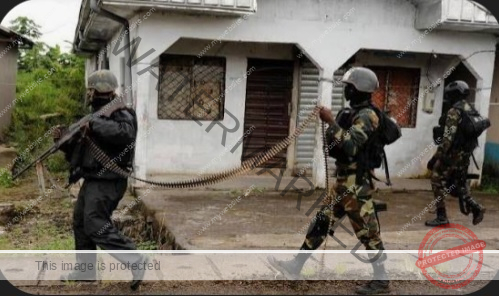
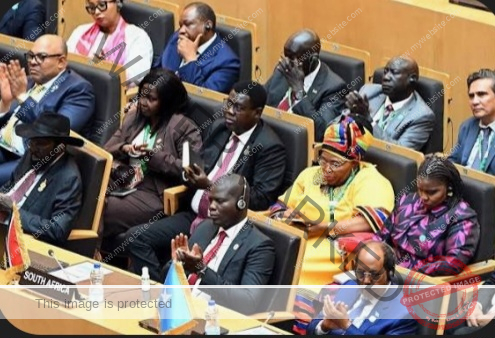
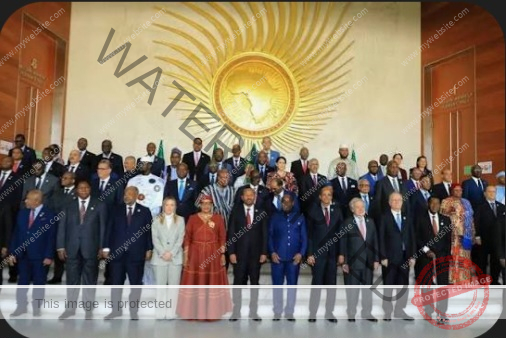


Leave feedback about this